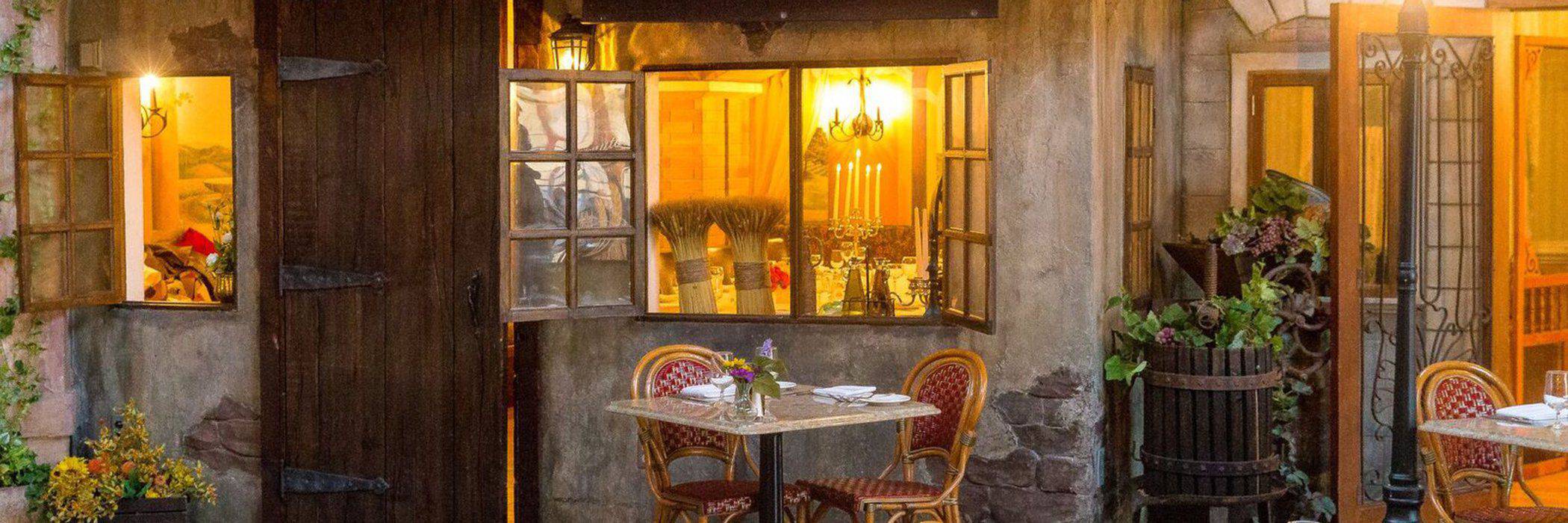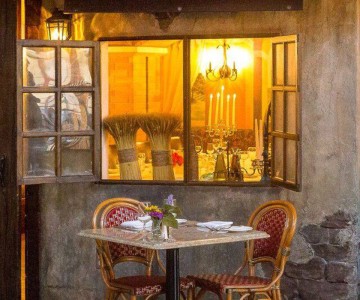Think Outside the Line: Cooking is more than just the restaurant scene
Nov 01, 2016Student Leadership Development Institute
By Kristine Alfes
Every time I go out, meeting either family, new friends, or talking to anyone else outside of school, I get asked the same question constantly: €œwhat restaurant are you working at now? € It becomes awkward when I have to correct them and say that I €™m working for a catering company and right as the conversation begins to flow again, the realization comes that not everyone knows about the careers outside of line work and the restaurant scene. As incoming cooks in training, chefs-to-be, and everywhere in between in the community that is Walnut Hill College, we all had to write an entry essay describing our future endeavors post graduation of the program. Mine was to be an €œExecutive Chef of a restaurant € but I soon learned that the restaurant scene wasn €™t where I belong, and trying to be an executive in anything I €™m not passionate about won €™t end too well. I soon then turned my mind to focus on private work, catering, and eventually to comprehensive education for the hospitality field (after much needed inspiration from the Chefs here).
Full-service restaurants make up about 47% of the food service industry; it is then followed by limited service restaurants (fast food, cafeterias, etc) that make up about 36% of the industry, according to a study conducted by Oregon State in 2015. The other 14% is divided around various other careers like catering, research and development, private client, artisan products, food distribution, industry education, and more. The majority of Culinary Arts programs touch base on developing skills for a line cook, which isn’t a bad thing at all but as time moves on, career moves may change and questions will come about on €œwhat the next move will be? €
Here is a closer look into the 14% that makes up the rest of the food service industry:
Catering
Catering is drastically different from the line, and this form of food service is a good outlet for those who are not into the long nights, rush (or lack there of, depending on the night), and looking to constantly change up their cooking style and profile. This is a career where everything is done in such a vast quantity, and is different from typical line work. Catering companies serve parties from seventy, to two-hundred, to even a thousand people at events like weddings, birthdays, and fundraisers, all in one night. In this type of job, dishes consist of many little parts of a whole image, and most of the time, the menu is not as likely to be repeated. It is a different type of adrenaline rush as everything is done all at once and then once the night is over, you feel great.
Research and Development (R&D)
R&D is used by large corporations such as Campbell €™s Soup, Chili €™s, and companies alike. In this field, the Food Technologist is constantly developing new products for the company to sell. They also make sure food is produced legally, safely, and of the best of quality. If a chain restaurant has new specials, these were tested by a Chef of R&D and then sent the product recipe to the restaurants. This also includes a large amount of science, because the FT conduct experiments, samples, and designing new cooking processes. What if you want to make a line of barbecue sauces made out of red peppers? Develop it.
Culinary Educator
Chef Instructors are the people we look up to as a culinary or hospitality student. This isn’t just specific to college level €¦instructors also teach culinary and pastry in technical high schools. Instructors create meaningful lessons that help students gain hands-on experience, while also developing their professional outlook in the industry. This person needs to be able to not only teach someone at any level, but also be able to inspire the next generation of chefs. A chef instructor even has the opportunity to become certified in their profession through organizations like the ACF. This is a career where learning is always an option, and sharing knowledge is an absolute.
In conclusion, I €™m not saying that working in a restaurant is wrong as everyone has their niche. But, there is more to the food service and hospitality industry than most of us are exposed to. These jobs can be applied to every major here at Walnut Hill College, and with some trial and error, we fall into the places we fit best. Check out the degree program here!
-Kristine Alfes, Student Leader
Culinary Arts, Class of July 2017


